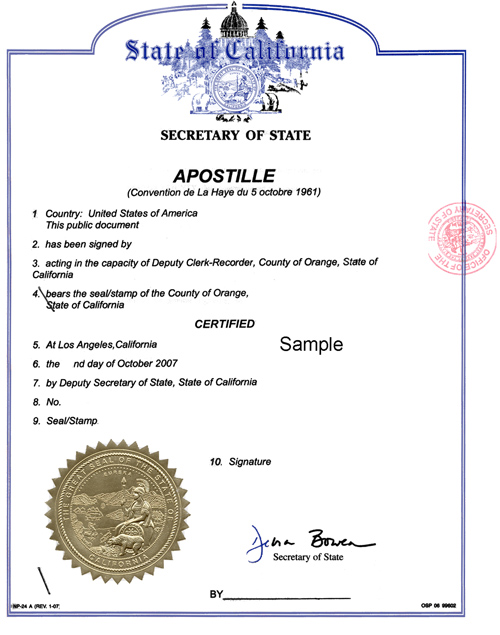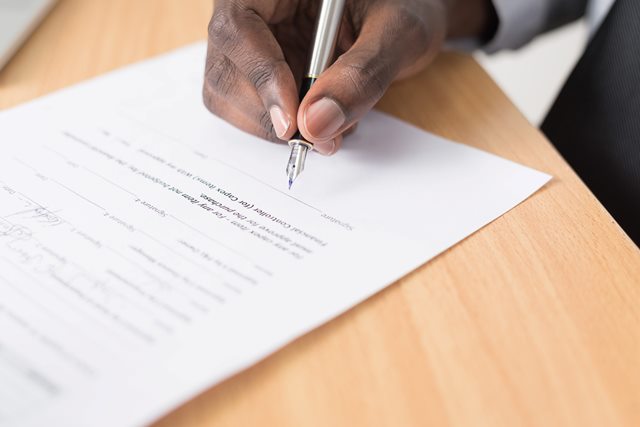Recommended Documents & Validation Procedures
By Patricia Ann Talley, MBA, and Editor*
I moved from the USA to Mexico in 1997 to conduct one year of research for a doctorate in economic development and ended up staying (that’s another story). I have always worked and operated businesses in Mexico, in addition to owning property in “restricted” coastal areas.
As an international businesswoman, I have gotten into and out of a lot of different situations over the years. Hey! I even became “undocumented” at one time and had to leave the country.
Many times, I had to make trips back to the USA or call my mother or a friend to help me obtain the necessary DOCUMENTS that were needed to respond to the various life and business situations that I encountered over the years. So, I am sharing what I learned the hard way!
Recommended Documents to Carry Abroad
Before you leave your home country, I suggest that you obtain copies of any document that might impact your life or business activities abroad, such as:
- Certified Copies of Birth Certificates for all family members
- Certified Copy of Marriage Certificate
- Certified Copy of Divorce Certificate(s)
- Certified Copy of Death Certificate (of your spouse if you are a widow)
- Copy of Academic Degree(s) or Certificate(s)
- Copy of Academic Records
- Copy of any Professional Certificates relating to the services you plan to offer
- Power of Attorney for yourself and adult family members. There are special considerations if you own property in Mexico. (See the article below)
And please, remember your civic duty and register to VOTE before you leave home.
Process for Validating Documents in Mexico
There are different international agreements that affect the execution of legal documents from the USA and Canada, and the process is different in both countries.

Americans: You can obtain certified copies of birth, marriage, and death certificates from the state in which they were issued. Documents that are not certified, like academic degrees, must be notarized by a U.S. Notary Public. Then, you must go to the office of the Secretary of State, in the state where the document was certified or notarized to obtain an Apostille seal on the document. Keep these documents with the Apostille seal in a safe place until, or if, you need to use them.
For these documents to be valid in Mexico, you will need to get them translated into Spanish by a certified court translator (seal obtained), which can be done, when and if needed, in Mexico.

Canadians: Canadians can also obtain certified copies of birth, marriage, and death certificates, but documents that are not certified, like academic degrees, must be notarized by a Canadian Notary Public. Then, you need to get your documents translated into Spanish by a certified court translator (seal obtained).
The documents must then be presented before the Mexican Consulate in Canada to be “legalized” to be valid in Mexico. Keep these “legalized” documents in a safe place until, or if, you need to use them.
Before you leave home, get your “docs” in order! Prepare ahead. You might be in a situation without any family members or friends in the location of your birth, marriage, schools, etc. So, it’s best to prepare your documents before you move abroad.
*About the Author: Patricia Ann Talley holds a master’s degree in Strategic Marketing Planning from the University of Michigan, and a Bachelor of Science in Financial Investments & Accounting from California State University in Long Beach. A former marketing executive from Chicago, she has owned and operated businesses in Mexico for over 20 years and is a dual (American Mexican) citizen.
Related Article:










